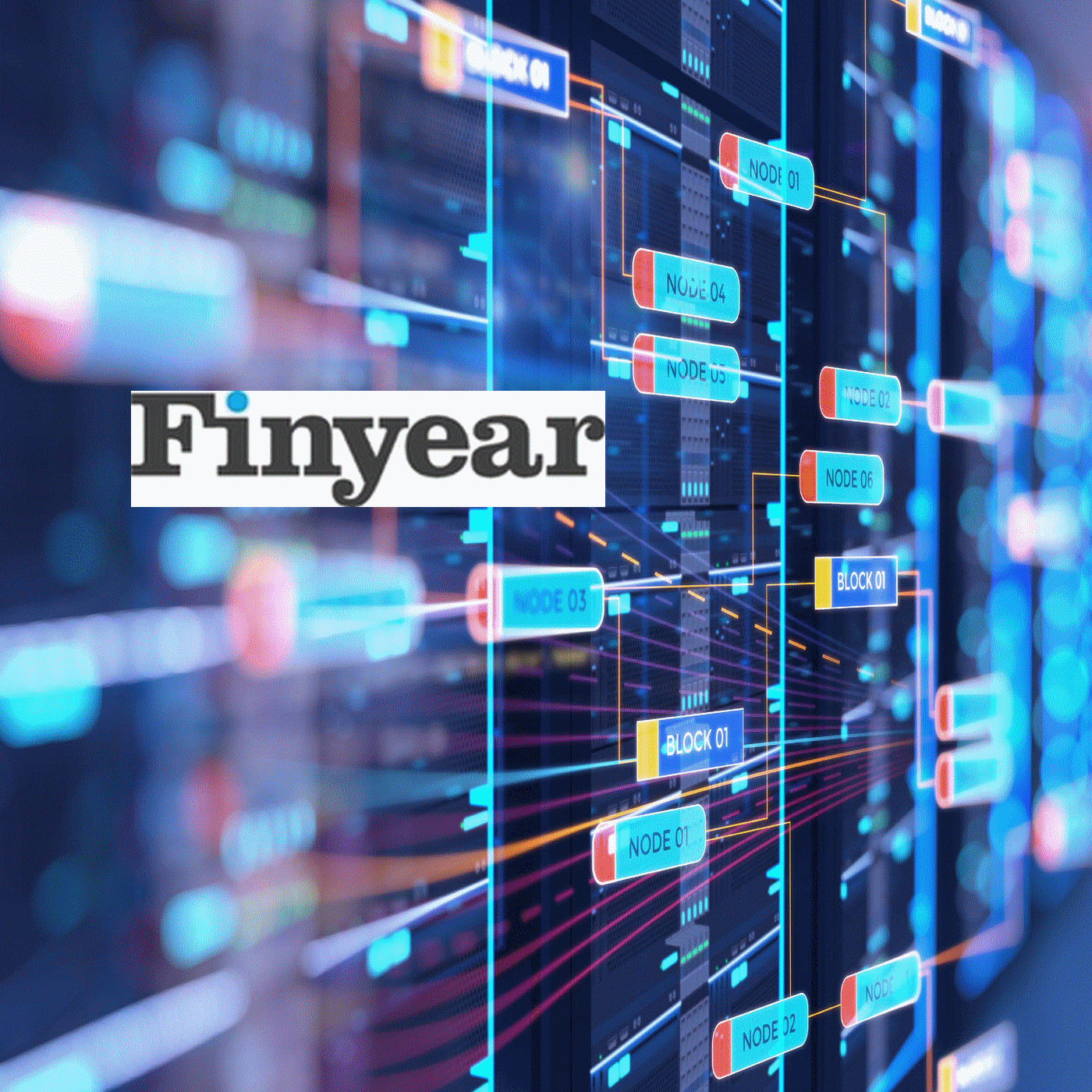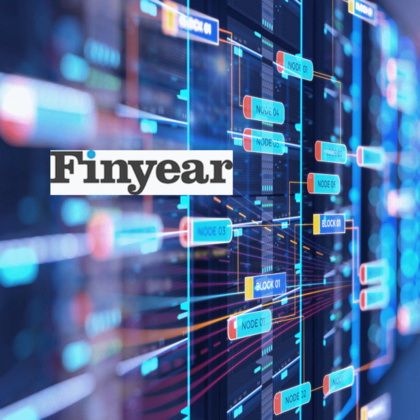Companies like Fundrise, Arrived Homes, Streitwise, Crowdstreet, and many others have been making their rounds. But today we are going to review Groundfloor Finance, a particularly unique offering within the new age world of crowdfunded real estate. Click here to check out Groundfloor Finance today!
But first, a bit of background on how we got here.
Real estate crowdfunding became legal in 2012 with the passage of the Jumpstart Our Business Startups (JOBS) Act. This legislation was designed to make it easier for small businesses to raise capital by allowing them to sell securities to investors through crowdfunding platforms. The JOBS Act also created new exemptions from Securities and Exchange Commission (SEC) registration requirements for certain types of securities offerings, including those made through crowdfunding platforms. These changes made it possible for real estate developers and other businesses to use crowdfunding platforms to raise money from a large number of individual investors.
What is a real estate crowdsourcing company?
Real estate crowdfunding is a relatively new way for investors to invest in real estate projects. It allows investors to pool their money with others to invest in a variety of real estate ventures, such as the development of new properties or the renovation of existing ones. Real estate crowdfunding offers investors the potential to earn a return on their investment through rental income, appreciation of the property's value, or the sale of the property. It also offers investors the opportunity to diversify their investment portfolio and access a wider range of real estate investments than they might be able to on their own. With real estate crowdfunding, investors can invest as little or as much money as they want, depending on the specific investment platform and the requirements of the real estate project.
How is Groundfloor different?
Rather than raising money to purchase property and provide investors with equity, Groundfloor took a different approach by providing access to real estate lending. Founded in 2014 by Brian Dally, and Nick Bhargava, Groundfloor was the first company in the space to get SEC qualification, so it’s safe to say they are legit.
Groundfloor is a lending marketplace that offers investors the opportunity to invest in real estate loans with a minimum investment of $10 per project. The company allows investors to gain exposure to loans in up to 32 states and provides the opportunity for diversification across a growing number of high quality loans. The $10 minimum investment per project is an intentionally low barrier to diversification, allowing investors to easily diversify their portfolio across many projects. However, investors need to be mindful about maintaining diversification and avoid going all in on a single loan.
How does Groundfloor work?
Groundfloor is a specialized platform that offers alternative investment products, specifically short-term real estate debt. Borrowers apply to Groundfloor for a loan to buy or improve a piece of residential real estate for commercial purposes, and Groundfloor then bundles this debt into a portfolio that investors can invest in.
As the borrower makes interest payments, those are portioned out to investors on a pro-rata basis. Investors receive interest payments in proportion to the amount of any given portfolio they own, and when the borrower repays the loan, investors receive their investment back. However, investors should be aware that these investments come with risks.
Is Groundfloor risky?
Groundfloor offers debt-based assets and the main risk is that of uncured default, where the borrower cannot repay the debt and the lender has to try and sell the underlying collateral to recover as much money as possible. This is a particular danger given Groundfloor's emphasis on house flipping and renovation.
That said, it’s important to understand all loans are backed by the actual property and are full recourse loans with personal guarantees. In the event of default, Groundfloor has legal claim to the property plus the borrower's personal wealth, so the risk of losing all the principal is low. However, in very rare cases, a foreclosure may be necessary and investors will get their share back from the sell.
It’s important to note that all loans are rated at varying levels of risk, and lenders have the ability to choose the appropriate risk/return trade-off they are looking for. For example, you could tailor your lending only towards borrowers who have already successfully paid off a loan from Groundfloor.
Groundfloor Fees
Groundfloor is a free platform that charges no fees, costs, or commissions to individual investors. The company makes its money off the fees and costs it charges to its borrowers, which include a 2 - 4.5% fee of the loan amount, a $250 application fee, and $1,250 closing costs. There is no minimum to open an account and investors can invest as little as $10. Groundfloor does not charge its investors any fees, which sets it apart from other real estate crowdfunding platforms.
But first, a bit of background on how we got here.
Real estate crowdfunding became legal in 2012 with the passage of the Jumpstart Our Business Startups (JOBS) Act. This legislation was designed to make it easier for small businesses to raise capital by allowing them to sell securities to investors through crowdfunding platforms. The JOBS Act also created new exemptions from Securities and Exchange Commission (SEC) registration requirements for certain types of securities offerings, including those made through crowdfunding platforms. These changes made it possible for real estate developers and other businesses to use crowdfunding platforms to raise money from a large number of individual investors.
What is a real estate crowdsourcing company?
Real estate crowdfunding is a relatively new way for investors to invest in real estate projects. It allows investors to pool their money with others to invest in a variety of real estate ventures, such as the development of new properties or the renovation of existing ones. Real estate crowdfunding offers investors the potential to earn a return on their investment through rental income, appreciation of the property's value, or the sale of the property. It also offers investors the opportunity to diversify their investment portfolio and access a wider range of real estate investments than they might be able to on their own. With real estate crowdfunding, investors can invest as little or as much money as they want, depending on the specific investment platform and the requirements of the real estate project.
How is Groundfloor different?
Rather than raising money to purchase property and provide investors with equity, Groundfloor took a different approach by providing access to real estate lending. Founded in 2014 by Brian Dally, and Nick Bhargava, Groundfloor was the first company in the space to get SEC qualification, so it’s safe to say they are legit.
Groundfloor is a lending marketplace that offers investors the opportunity to invest in real estate loans with a minimum investment of $10 per project. The company allows investors to gain exposure to loans in up to 32 states and provides the opportunity for diversification across a growing number of high quality loans. The $10 minimum investment per project is an intentionally low barrier to diversification, allowing investors to easily diversify their portfolio across many projects. However, investors need to be mindful about maintaining diversification and avoid going all in on a single loan.
How does Groundfloor work?
Groundfloor is a specialized platform that offers alternative investment products, specifically short-term real estate debt. Borrowers apply to Groundfloor for a loan to buy or improve a piece of residential real estate for commercial purposes, and Groundfloor then bundles this debt into a portfolio that investors can invest in.
As the borrower makes interest payments, those are portioned out to investors on a pro-rata basis. Investors receive interest payments in proportion to the amount of any given portfolio they own, and when the borrower repays the loan, investors receive their investment back. However, investors should be aware that these investments come with risks.
Is Groundfloor risky?
Groundfloor offers debt-based assets and the main risk is that of uncured default, where the borrower cannot repay the debt and the lender has to try and sell the underlying collateral to recover as much money as possible. This is a particular danger given Groundfloor's emphasis on house flipping and renovation.
That said, it’s important to understand all loans are backed by the actual property and are full recourse loans with personal guarantees. In the event of default, Groundfloor has legal claim to the property plus the borrower's personal wealth, so the risk of losing all the principal is low. However, in very rare cases, a foreclosure may be necessary and investors will get their share back from the sell.
It’s important to note that all loans are rated at varying levels of risk, and lenders have the ability to choose the appropriate risk/return trade-off they are looking for. For example, you could tailor your lending only towards borrowers who have already successfully paid off a loan from Groundfloor.
Groundfloor Fees
Groundfloor is a free platform that charges no fees, costs, or commissions to individual investors. The company makes its money off the fees and costs it charges to its borrowers, which include a 2 - 4.5% fee of the loan amount, a $250 application fee, and $1,250 closing costs. There is no minimum to open an account and investors can invest as little as $10. Groundfloor does not charge its investors any fees, which sets it apart from other real estate crowdfunding platforms.
------------------------------------------------------------------------
Disclaimer: The text above is a press release that was not written by Finyear.com.
The issuer is solely responsible for the content of this announcement.
Avertissement : Le texte ci-dessus est un communiqué de presse qui n'a pas été rédigé par Finyear.com.
L'émetteur est seul responsable du contenu de cette annonce.
Disclaimer: The text above is a press release that was not written by Finyear.com.
The issuer is solely responsible for the content of this announcement.
Avertissement : Le texte ci-dessus est un communiqué de presse qui n'a pas été rédigé par Finyear.com.
L'émetteur est seul responsable du contenu de cette annonce.
Autres articles
-
Revolut obtient une licence bancaire au Royaume-Uni
-
Nominations | Eight Advisory annonce deux nouveaux associés en France
-
NFT : L'Opéra de Paris dévoilera à la rentrée une nouvelle collection d'art numérique
-
Ferrari étend son système de paiement en crypto-monnaie à l'Europe après son lancement aux États-Unis
-
WEB3 : L'Europe, le baby-blues des licornes ?
















